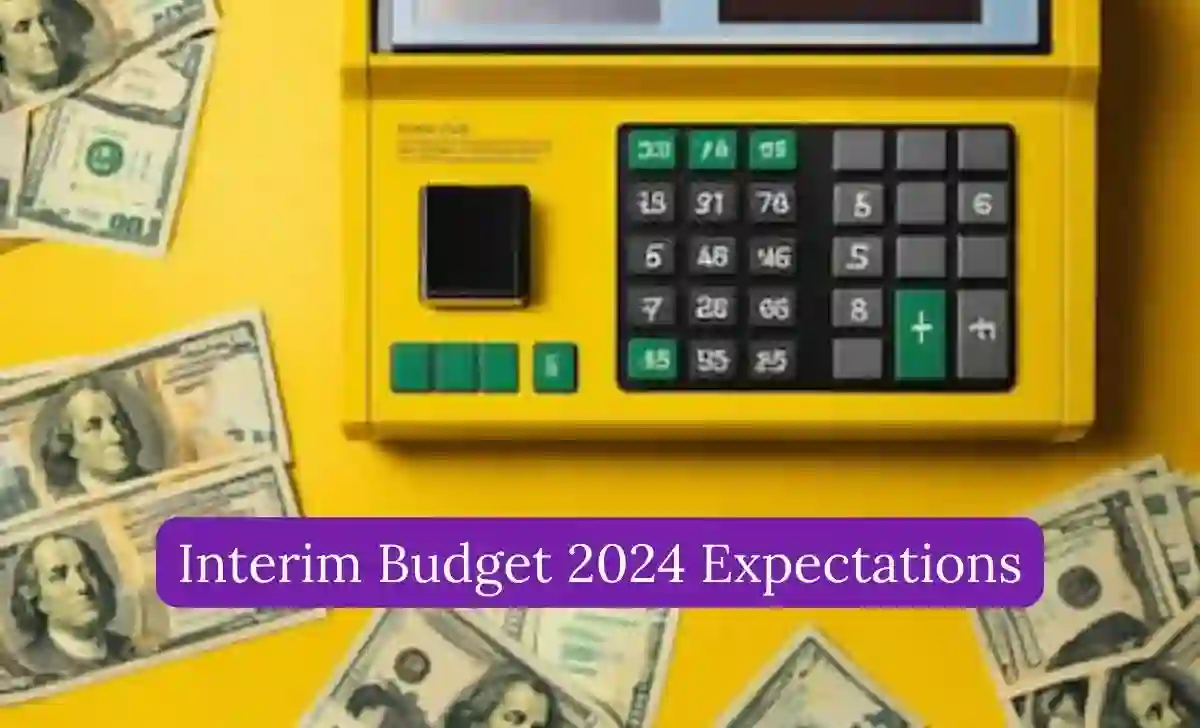Introduction to the Interim Budget:
As the much-anticipated interim budget approaches, economists and investors eagerly assess the landscape, speculating on potential changes in tax slabs, capex, and the fiscal deficit. In this discussion of CNBC TV18, respected economists Samiran Chakrabarty (Citi), Soumya Kanti Ghosh (SBI), Kaushik Das (Deutsche Bank), and R-Kavita Rao (NIPFP) offer valuable insights into the key expectations from the interim budget set to be presented on Feb 1.
1. Populist Announcements and Election Dynamics:
The video commences by addressing the impact of upcoming elections on budgetary decisions. Samiran Chakrabarty notes historical trends, indicating that interim budgets typically avoid introducing entirely new schemes. However, the panel suggests that smaller adjustments, such as increasing the PM Kisan scheme amount, might be considered as part of the populist expectations in this pre-election year.
2. Tax Cuts and Income Growth:
Shifting the focus to tax-related expectations, the experts discuss the potential for tax cuts, especially in light of the substantial growth in income tax witnessed in the current year. The panel suggests that while limited tax giveaways may be expected for the lowest income bracket, any exemptions should align with encouraging taxpayers to migrate to the new tax regime, which offers fewer exemptions.
Also Read:
3. Tax Buoyancy and Revenue Expectations:
Addressing the question of tax buoyancy, the experts share their perspectives. Samiran Chakrabarty acknowledges the government’s conservative estimates but anticipates a slightly higher tax buoyancy this year due to improved compliance. The discussion then emphasizes the anticipated boost in non-tax revenue, driven by higher RBI dividends and continued profitability in PSU enterprises.
4. Capex and Fiscal Deficit:
Economists express optimism regarding capital expenditure (capex), expecting a positive surprise. Soumya Kanti Ghosh anticipates double-digit growth in capex, reaching around 3.5% of GDP. The discussion emphasizes the shift from disinvestment to non-tax revenue, driven by the profitability of public sector companies. The economists also discuss the likelihood of divestment reaching expected levels and its positive economic impact.
5. Fiscal Deficit Projections:
While discussing interim budget expectations, the critical question of fiscal deficit projections arises, with varying opinions among economists. Kavita Rao and Kosik Das lean towards a fiscal deficit between 5.2% and 5.4%, allowing room for increased revenue expenditure. Samiran Chakrabarty and Soumya Kanti Ghosh expect a higher fiscal deficit of 5.5%, citing the need for the government to balance fiscal consolidation goals with current economic conditions.
Conclusion:
As the interim budget date approaches, insights from the panel of economists shed light on the expectations and speculations surrounding fiscal policies. The delicate balance between populist measures, tax reforms, and fiscal consolidation will undoubtedly shape India’s economic landscape in the coming year. Investors and citizens alike will keenly await the budget presentation on Feb 1 to witness how these expectations materialize.
